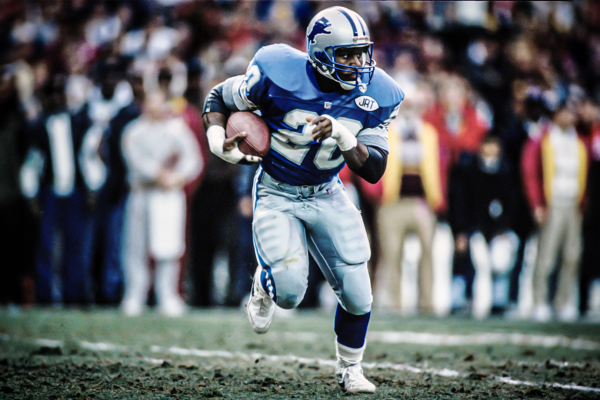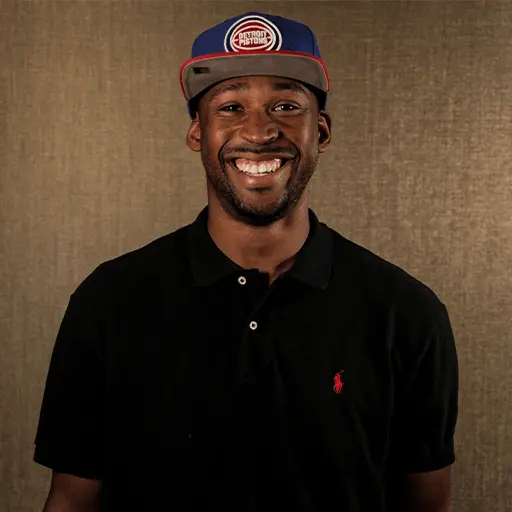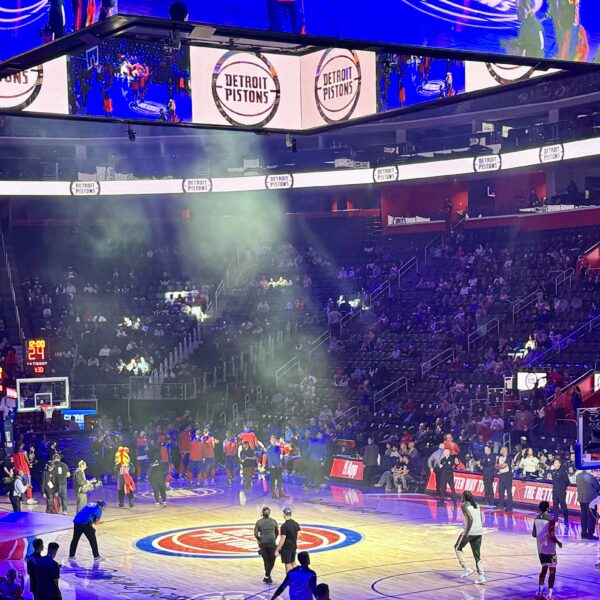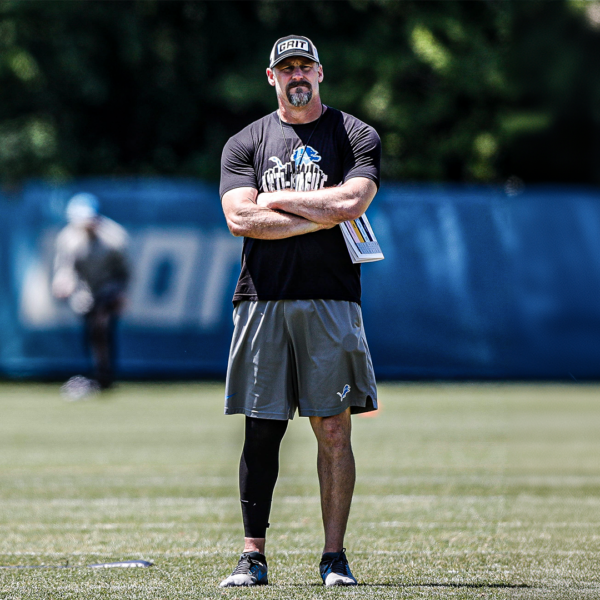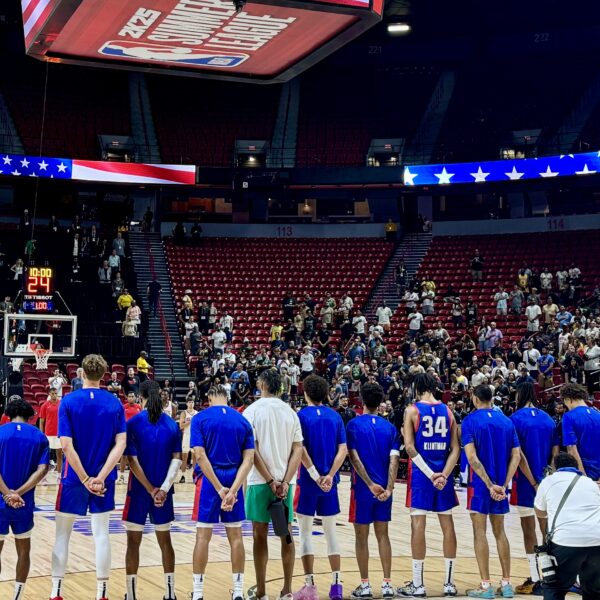Near the beginning of the documentary “Bye, bye Barry” rapper Eminem said he’d watched a number of documentaries about Barry Sanders, and he still does not know why Sanders retired in the prime of his career after 10 seasons with the Lions.
Bye, Bye Barry provided a watered-down version of why Sanders left. While the documentary was mostly entertaining, it did not get to the meat and potatoes of one of the biggest sports stories in Detroit history.
Here is my Cliff notes version of why Sanders left based on hours of conversations with former teammates, his father, William Sanders, and Williams good friend, Jocko Hughes, who was director of security with the team.
Sanders believed he had no chance to compete for a championship because of the incompetence of the Lions front office, ownership and coaching staff. It is something he is reluctant to say in blunt terms because that is not his nature and he has a better relationship with the organization than the day he retired.
He became angry because teammates left because the Lions did not want to pay them. There was friction in the dressing room because quarterback Scott Mitchell got his bag based on seven good games with the Miami Dolphins while teammates like Kevin Glover, Lomas Brown, Benny Blades and Chris Spielman did not receive the compensation they wanted.
Producers of one of the most important and misunderstood stories in Detroit sports history turned it into a puff piece full of celebrity instead of facts and real life.
Sanders retired after 10 years.
He spoke to teammates about retiring during his ninth year because the Lions drove the passion out of this man.
There was not enough on how terrible the Lions were. We might have gotten more details about his retirement prior to Sanders making up with the organization. Why did we not see more about why Sanders and the Lions divorced one another for many years after retirement? To unlock that mystery probably unlocks more about why Sanders left.
The Lions angered Sanders because they wanted him to return $5.5 million of his $11 million signing bonus after he left the team. An arbitrator ruled that Sanders pay back $1.833 million.
We did not see enough about how angry the community was when Sanders left. People were initially pissed at Sanders but later shifted more of the blame on the Lions.
The documentary did reveal that Hall of Fame quarterback Joe Montana wanted to play with Barry in Detroit. Former coach Wayne Fontes confided in Sanders this year that Montana wanted to come aboard. He passed that along to General Manager Chuck Schmidt, who said Montana was too old. Instead, Montana went to the Kansas City Chiefs where he led the team to the AFC championship game and showed he still had some spark in his game.
Why did Fontes tell Sanders this year instead of asking his advice as a player many years ago? Why not run it by receiver Herman Moore or Spielman or Glover?
Add Montana to a list of Hall of Famers and high-profile players and coaches who offered their services to the Lions in the 90s, but the team said no. The list includes Bill Parcells, who won two Super Bowls with the New York Giants, Denny Green who guided the Minnesota Vikings to eight playoff appearances in nine years, four-time Pro Bowler Randall Cunningham and Warren Moon who passed for nearly 50,000 yards.
Some of this is Barry’s fault. Teammates begged him for years to talk to the Ford family about the needs of the players and the organization to take the next step. Barry was the only player the Ford family would listen to.
He refused to talk to them and kept secrets that might have unlocked championship paths for the Lions. Barry’s daily goals were simple. He ran the football the best he could and after work was his time. He did not want to meddle in the front office. Barry did not want to tell others what to do. That was not his job even though he might have helped the front office.
That was a different approach than Pistons legend Isiah Thomas who did more than dribble a basketball to help this franchise become champions. The Pistons were not interested in winning championships until Zeke challenged them to be better.
When Sanders left for London after announcing his retirement, his father William and Jocko went to his home every night convinced they could get him to return.
Jocko told me: “Barry is not retiring. His daddy don’t want him to retire. Barry does whatever his daddy tells him.”
I knew that not to be true because his father did not want him to play for Oklahoma State, because he was a big University of Oklahoma fan.
When William Sanders and Jocko finally caught up with Barry, the meeting was brief.
Barry told them he was saying Bye, Bye and nobody could change his mind.
Humbled by the emotion & kind words from @lions fans on #ByeByeBarry
— Barry Sanders (@BarrySanders) November 22, 2023
We are #1 in the US on @PrimeVideo this morning.
Excited for Thanksgiving & seeing that #ROAR on a short week. The #Den is going to be insane.
Let's go! Retweet this for a chance to win a signed pic. pic.twitter.com/SWc7LNRbOI
___
For more from the author Terry Foster, check him out on Twitter here: @terryfosterdet
Tweet: @WoodwoodSports or comment on your favorite social media platform!
The Woodward Sports Shop has ALL NEW Apparel – check it out here!
Original Photo Credit: MPS – USA TODAY Sports Historical Archive

